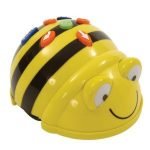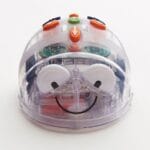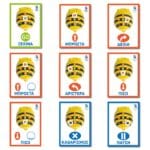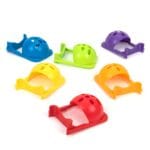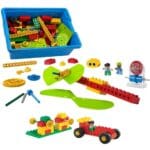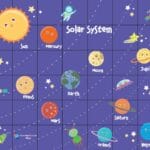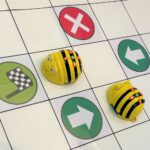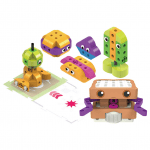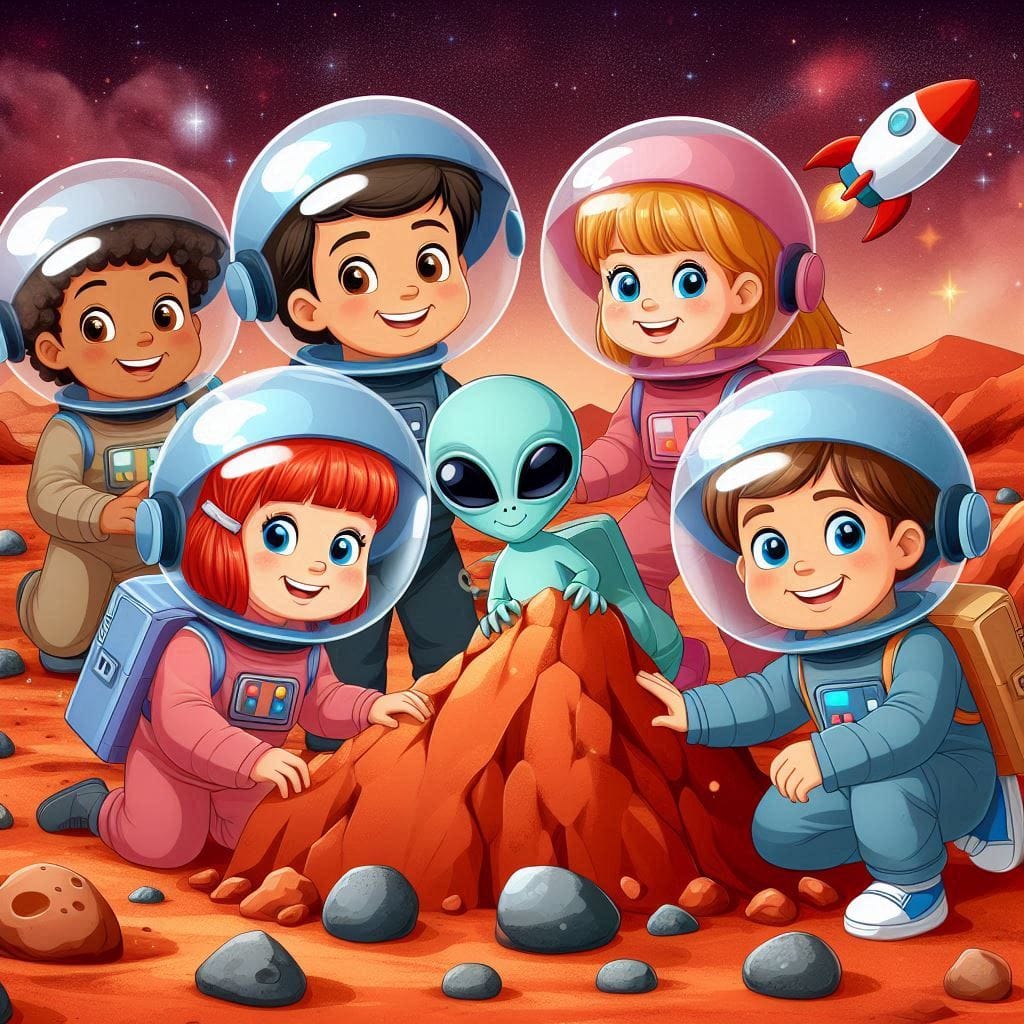
Kindergarten “Can We Survive On Mars?”
Can we survive on Mars?
YES! We CAN construct sustainable structures from materials found on Mars.
YES! We CAN build roads from Martian materials to move around easily.
YES! We CAN create underground homes to stay safe from dust and cold.
YES! We CAN recycle our waste to keep Mars clean.
YES! We CAN use special filters to clean the air so we can breathe.
YES! We CAN build robots that will search for water deep in the ground.
YES! We CAN create special suits that protect us from Mars’ radiation.
YES! We CAN make small, portable greenhouses to have food everywhere.
YES! We CAN store solar energy to use at night and for our overall energy needs on Mars.
YES! We CAN grow our own food in closed cultivation systems.
YES! We CAN create small parks with plants that will give us clean air and space to play.
YES! We CAN live in domes with adjustable temperature and atmosphere.
YES! We CAN use robots to assist in exploration and the expansion of human presence.
STEM education, as part of the Panhellenic Competition, is organizing the third Preschool Education Festival. The Festival will take place across the 13 regions of our country, and the teams’ projects will also be uploaded to the STEM education YouTube channel. The competition’s theme is: “Can We Survive On Mars?”
Kindergarten students (ages 4-5) will propose their ideas on how we can survive on Mars through constructions made with floor tracks and materials of their choice, forming groups of 6-10 students. They will create their first algorithm, while simultaneously developing their artistic and social skills. For the first time this year, the children will include at least one moving construction in their project, which will incorporate one of the simple machines (wheel, axle, gear, pulley, etc.). This way, the children will also engage in basic engineering activities.
They will create small models labeled with 1-2 words and place them on the tracks. In this way, they will depict in a three-dimensional form:
● What they consider to be the most important challenges for human survival on Mars, such as the lack of water, clean air, and protection from severe dust storms.
● What they consider to be the most important solutions to these challenges, such as special shelters for safe living, robots that help with difficult tasks, and the use of solar energy for light and heating.
These and many more ideas will be showcased at the 3rd STEM & Educational Robotics Festival for Preschool Education!
Detailed Description
The kindergarten game aims to help young children think algorithmically for the first time. The game is designed to meet their developmental needs and, specifically, to help them:
● Represent their ideas and knowledge through problem-solving.
● Familiarize themselves with the basic concepts of creating an algorithm, as well as controlling, executing, and debugging it.
● Utilize concepts of direction and spatial orientation (right, left…).
● Practice their motor skills, as assembling the pieces helps children develop fine motor skills and hand-eye coordination.
● Understand basic mechanical principles: Children are introduced to fundamental engineering concepts and materials, such as balance, connection, levers, and gears.
● Learn by doing and receive real-time feedback on how the commands they create guide a robot and assist in continuing a story.
● Engage in a full-body activity.
● Communicate and collaborate with their peers, as well as with adults.
This game offers a hands-on approach that combines creativity, problem-solving, and teamwork, encouraging both individual and group learning.
Ages: Toddlers and Toddlers (4-5 years old)
People per group: 6–10 children
Note:
The “Can We Survive On Mars?” action is non-competitive.

The official supplier of equipment for the Panhellenic Educational Robotics Competition is Knowledge Research.
To be announced…

